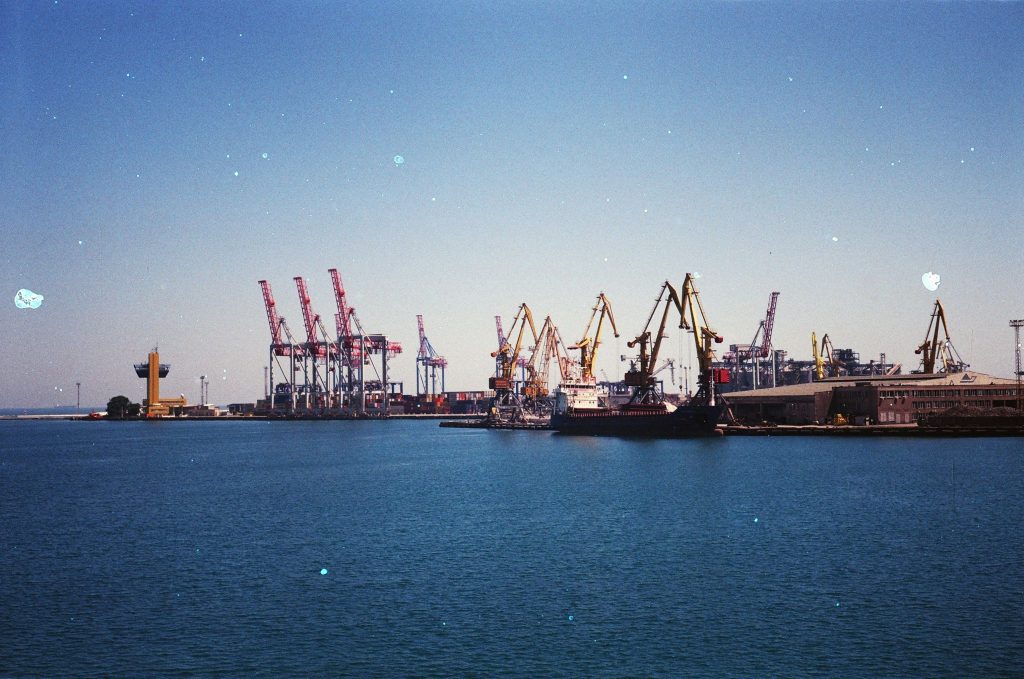[EN] Réformer l’OMC – avec ou sans les États-Unis?

Les menaces, le chantage et la confrontation militaire sont les outils politiques utilisés par le président Donald Trump tant en matière de géoéconomie que de géopolitique. Mais au-delà de la stratégie de négociation à court terme visant à déstabiliser l’autre partie, sera-t-il capable de gérer les ondes de choc systémiques que cela engendre ?
On ne sait pas encore clairement si Trump a l’intention de désengager les États-Unis des chaînes de valeur mondiales en érigeant des murs protectionnistes – en ajoutant des restrictions à l’investissement et des contrôles à l’exportation, en imposant des droits de douane plus élevés sur les importations, en ciblant la Chine et d’autres pays. Ou bien est-il prêt à renverser la table du multilatéralisme pour commercer de manière plus fructueuse dans ce qui serait alors devenu un Far West du commerce ? Dans les deux cas, la suspicion et la peur se développeront et pourraient finir par contaminer le monde.
Trump a été élu sur la promesse d’un nouvel avenir pour la classe moyenne américaine, de plus en plus remise en question par le développement d’une classe moyenne mondiale, notamment en Asie. Pourtant, au lieu de développer des politiques d’État-providence pour aider les gens à s’adapter aux nouveaux défis de la mondialisation – notamment le transfert de données, le commerce électronique et l’intelligence artificielle –, il semble se réjouir d’accroître la méfiance à l’égard de l’interdépendance mondiale, avec des conséquences inconnues aux États-Unis et à l’étranger.
Alors que les États-Unis s’éloignent davantage du multilatéralisme, on ne peut qu’espérer que les Européens ne renonceront pas eux aussi à promouvoir une mondialisation plus réglementée. Il existe manifestement une lassitude à l’égard du multilatéralisme. Mais la pierre angulaire de la réglementation du commerce international, à savoir le mécanisme de règlement des différends de l’Organisation mondiale du commerce, pourrait bientôt être bloquée si Washington continue de s’opposer à la nomination de nouveaux juges à l’Organe d’appel.
La question doit être replacée dans le contexte plus large des distorsions commerciales systémiques. Au-delà d’une simple réforme procédurale de l’Organe d’appel, ce qui est en jeu ici, ce sont les lacunes des règles multilatérales qui permettent des distorsions telles que les subventions chinoises aux entreprises publiques.
Pousser la Chine à la table des négociations
L’engagement apparent de Pékin en faveur du système multilatéral ouvrira-t-il la voie à une confrontation dite constructive ? Amener la Chine à la table des négociations reste un défi. Mais pour rétablir la confiance dans le commerce équitable, il faut renforcer les deux piliers de l’OMC : le contentieux et la négociation.
La Commission européenne doit être soutenue dans son initiative visant à créer une coalition appelant à une réforme de l’OMC afin de sauver le mécanisme de règlement des différends. La pression exercée sur Pékin pour qu’il se présente à la table des négociations pourrait et devrait être partagée entre un groupe plus large de pays, car beaucoup d’entre eux, en particulier les économies en développement, risquent d’être pénalisés par la confrontation bilatérale entre les États-Unis et la Chine.
Une première étape dans la bonne direction consisterait à lutter contre les manquements en matière de notification des subventions : veiller à ce que les membres de l’OMC se conforment aux exigences en matière de notification des subventions. Le niveau de conformité aux obligations de transparence est faible et en baisse depuis 1995, le pourcentage de membres déclarant des subventions étant passé de 50 % à 38 % aujourd’hui.
La modification de l’accord sur les subventions et les mesures compensatoires pourrait bien être un long processus, en particulier en ce qui concerne les « rémunérations insuffisantes » par lesquelles le gouvernement chinois soutient les entreprises. Les Européens et les autres membres de l’OMC ne peuvent accepter d’être pris en otage par la menace américaine de bloquer le mécanisme de règlement des différends. Une coalition forte de membres de l’OMC est nécessaire pour adopter des mesures d’urgence afin de préserver une capacité de règlement des différends fonctionnelle, sans les États-Unis si nécessaire.
Que peut-on faire ?
Plusieurs options pourraient être envisagées :
- l’« option nucléaire » d’une majorité qualifiée pour nommer de nouveaux juges à l’Organe d’appel ;
- le recours à un système d’arbitrage ad hoc, déjà autorisé par l’article 25 du Mémorandum d’accord sur le règlement des différends, comme phase de transition ;
- reproduire les procédures de l’Organe d’appel dans un accord séparé, signé par une « coalition de volontaires » déterminée à préserver l’équilibre du commerce international sans renégocier l’ensemble du régime commercial. Cet accord n’entrerait alors en vigueur que si les États-Unis bloquaient l’Organe d’appel en ne permettant pas de pourvoir les postes vacants avant décembre 2019. Cela ferait sortir le mécanisme de règlement des différends de l’OMC, mais montrerait la volonté de préserver un système multilatéral.
La vision de Trump restant axée sur le court terme et principalement influencée par les élections de mi-mandat aux États-Unis à l’automne, il appartiendra aux autres grandes puissances commerciales, dont l’UE, de maintenir en vie la réglementation multilatérale.




